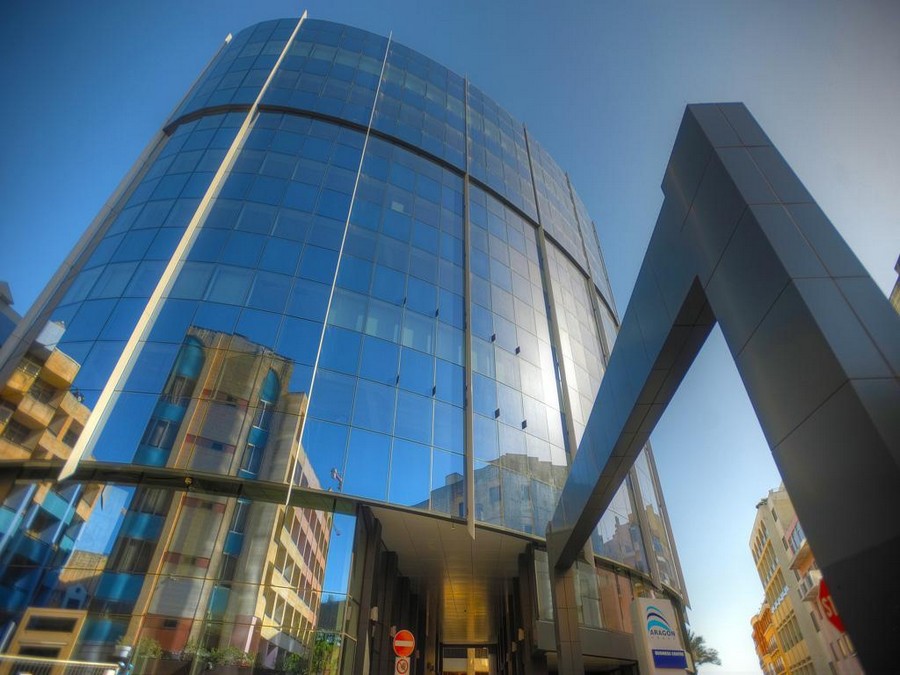Published on the 7th August 2018
6 Steps To Starting A Business In Malta
Reading Time: 5 min read

It is a moment in working life which is both terrifying and exciting: the point at which you decide to leave the security of a 9-5 and take the steps to go it alone, and start thinking about starting a business in Malta.
Starting a business in Malta is a brilliant opportunity to channel your energy and interests into doing something you truly love and enjoy.
There are a number of elements which need to be considered and implemented, from coming up with a unique idea to sorting all of the necessary legalities and paperwork.
How to open up a company in Malta?
Setting up a company in Malta is fairly straightforward, but there are a number of boxes to tick and processes to be observed, so make sure you are not caught out by an easily avoided mistake.
Here are the top steps to starting a business in Malta, and freeing yourself to do what you love!
 Image Source: e-architect.co.uk
Image Source: e-architect.co.uk
1. Self-employed or limited liability?
The first decision you need to make is whether to set up as a self-employed trader or as a limited liability company.
There are a number of pros and cons to both; a limited liability company can offer more protection to you as a shareholder and can give a more trusted face to your company.
It is easier to begin a business if you are self-employed, as there is less paperwork to complete, but you are more liable to losses as the personal risks are much higher.
It is also worth noting that you will require at least two shareholders before setting yourself up as a limited company.
2. Prepare the paperwork
If you decide to go ahead as a limited company, you need to prepare for registration by drafting a memorandum and articles of association: if you are not experienced in this area, it can be a worthwhile investment to hire a lawyer or similar professional to make sure all is in order.
As part of this, you are required to deposit the required share capital – decided in advance by you or (preferably) your accountant.
The minimum capital for any company is €1200, though only 20% needs to be deposited at the bank.
This also requires you to open up a bank account in the name of the company and inform them that you are depositing your share capital.
This will then be stored in a holding account until the company is formally registered.

3. Make it official
The next step of company formation is to list yourself with the register of companies.
This involves presenting the completed company registration form, the articles of association, and the deposit slip from your share capital to the Malta Financial Services Authority.
The MFSA oversee all locally registered companies, and this is usually completed in 2-3 days.
There will also be a registration fee to pay, depending on the size of your company.
In this stage, it is also important to obtain a trading license – a legal requirement for all businesses in Malta.
For this, you will usually only be required to complete an Application form for commercial activity.
If you are setting up a beautician-related business, a large manufacturing business, or anything involving food preparation, you will also need additional licenses from the government.
4. Don’t forget the tax
Possibly the most boring aspect of starting a new business, this is also undoubtedly one of the most important, as the penalties for evading or making mistakes with your taxes can be severe.
This relates to both limited companies and self-employed traders and requires the acquisition of a tax identification number.
The necessary form can be found easily online, but it may be worth consulting a professional accountant at the start to ensure that everything runs above the board.
Now is also the time to consult with the VAT department and inform them of your new business – the amount of Vat you pay will be dependent; if you predict that your turnover for a year will be less than €12000, you will not pay VAT but you must still register!

5. Cover your employees
This can be ignored if you are self-employed, but as a limited company, you will need to obtain a PE number, as you are technically employed by your own company.
In addition, both self-employed traders and limited companies must register with the Employment and Training Centre, and fill in a form for each employee.
6. Cover yourself
An often overlooked but crucial element of starting a business is obtaining business insurance.
At GasanMamo we can help you with your business insurance.
There is a range of types of business insurance, depending on your size, type of business, employees, industry, and other factors.
Companies such as GasanMamo allow you to tailor your cover to your needs, ensuring you are covered for loss of earnings, liability, property, and any other required elements of your business.